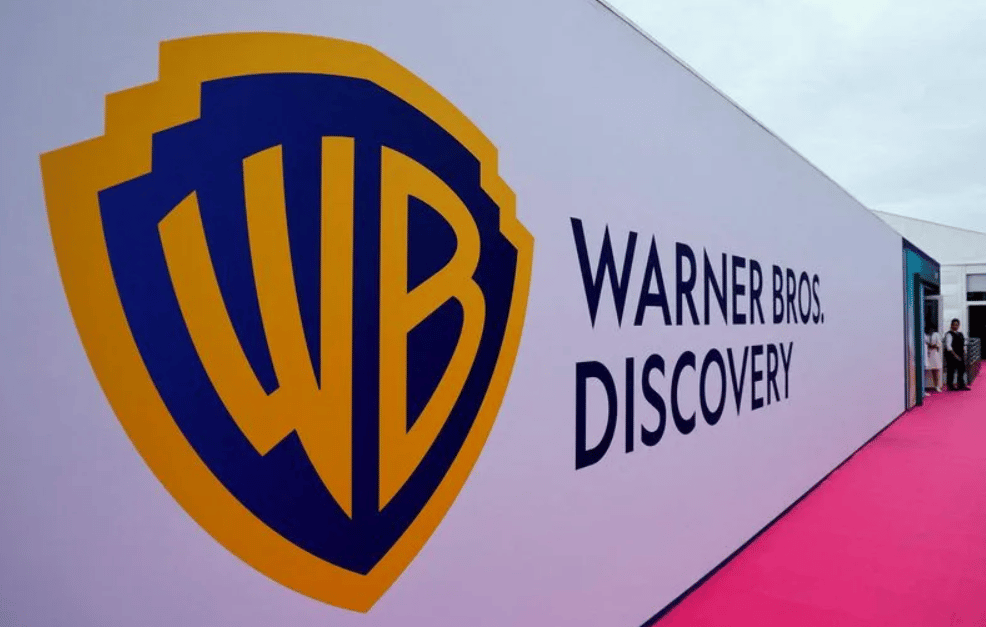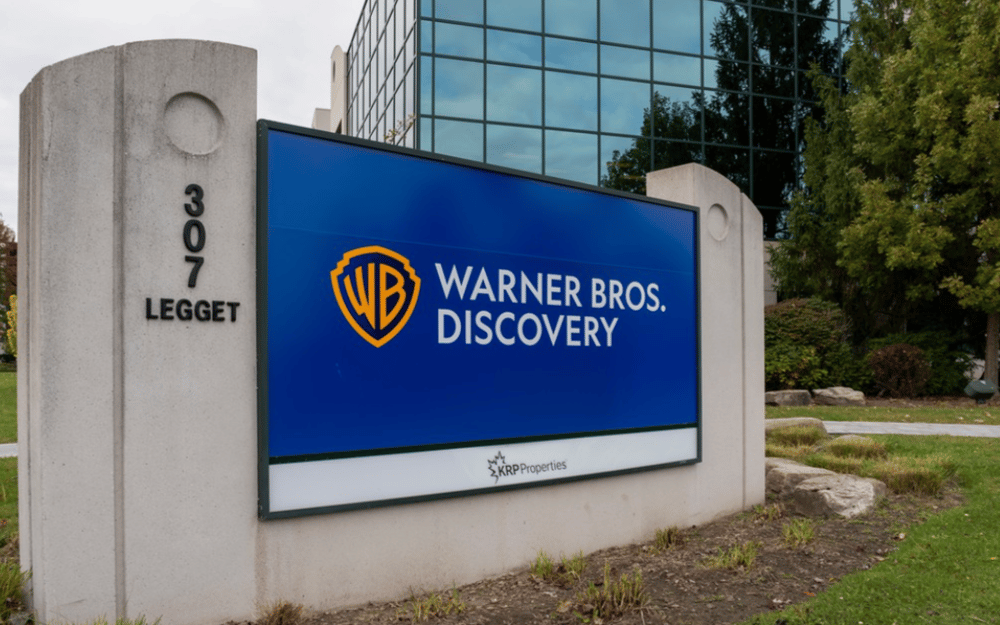Warner Bros Discovery Faces Shareholder Pushback Over CEO Compensation Amid Broader Corporate Governance Concerns
At its 2024 annual shareholder meeting, Warner Bros Discovery Inc. $WBD encountered significant opposition regarding executive compensation practices. A majority of shareholders—over 59%—voted against the proposed pay packages for CEO David Zaslav and other senior executives. This vote, while non-binding, sends a clear signal to the board about mounting investor dissatisfaction with perceived excesses in executive remuneration.
Despite the board’s recommendation to approve the proposed compensation, shareholders rejected the advisory resolution, citing concerns over alignment between pay and long-term shareholder value. Zaslav’s total compensation in 2024 reached $51.9 million, a 4% increase from the previous year, even as the company continues to face structural challenges in the media and entertainment sector.
Disconnect Between Executive Pay and Shareholder Interests
The vote against the executive compensation plan reflects a broader trend among institutional investors demanding greater accountability and transparency in corporate governance. Warner Bros Discovery’s stock performance (WBD) has been under pressure due to high debt levels, integration challenges following the WarnerMedia–Discovery merger, and a volatile streaming market.
Many shareholders questioned the rationale for increasing Zaslav’s pay package, considering WBD's underperformance relative to industry benchmarks such as the S&P 500 Index $^SPX and NASDAQ Composite $^IXIC. Institutional advisory firms including ISS and Glass Lewis reportedly recommended a "no" vote, citing misalignment between compensation and total shareholder return (TSR).
Zaslav’s $51.9 million pay included base salary, stock awards, and performance incentives. Critics argue that such compensation is disproportionate given WBD’s mixed financial results, aggressive cost-cutting strategy, and declining linear TV revenues. The backlash highlights growing pressure on boards to justify executive pay in the context of performance metrics and shareholder returns.

Key Facts
David Zaslav’s 2024 compensation: $51.9 million, up 4% YoY.
Shareholder vote: 59% voted against the executive compensation package.
Advisory firms: ISS and Glass Lewis recommended opposing the proposal.
WBD stock: Underperformed major indices over the past 12 months.
Vote outcome: Non-binding but indicative of shareholder sentiment.
Extended Analysis: Market Reactions and Expert Commentary
The investor backlash at Warner Bros Discovery is emblematic of a wider reevaluation of pay governance across publicly listed firms. As market volatility persists and shareholder activism grows, companies are increasingly under scrutiny for how they link executive pay to corporate outcomes.
Analysts suggest the WBD vote may set a precedent for similar challenges at other firms where compensation is seen as decoupled from operational realities. While WBD’s board retains discretion in setting executive compensation, such a strong "say-on-pay" opposition may prompt internal review or future adjustments to performance criteria and incentive structures.
Zaslav, a seasoned media executive, has faced criticism not just for compensation levels but also for strategic decisions—including deep content cuts and restructuring moves aimed at optimizing cash flows. These have sparked debate about the long-term viability of the company's streaming-first model and the impact on creative assets and workforce morale.

Key Takeaways
Shareholders rejected the executive pay proposal despite board backing.
CEO Zaslav’s compensation exceeded $50 million amid stock underperformance.
Governance advisors cited poor alignment with shareholder value.
The vote is advisory, but it sends a strong message to WBD leadership.
Investor sentiment may pressure the board to reassess compensation frameworks.
Corporate Governance in Focus as Shareholders Demand Accountability
The 2024 Warner Bros Discovery shareholder vote underscores a growing demand for performance-based executive compensation, especially in sectors facing digital disruption and financial headwinds. Although the "say-on-pay" outcome is not binding, it reinforces the message that boards must ensure executive rewards are aligned with tangible, sustainable returns for shareholders.
This development may serve as a bellwether for governance practices across the entertainment and tech sectors, particularly as investors grow more vocal about environmental, social, and governance (ESG) criteria. How WBD responds in the aftermath of this vote could influence both its market perception and broader executive compensation trends.















Comments
This sale could redefine the trajectory of automation by accelerating its integration into critical tech infrastructures
This development underscores the growing role of automation in driving digital transformation